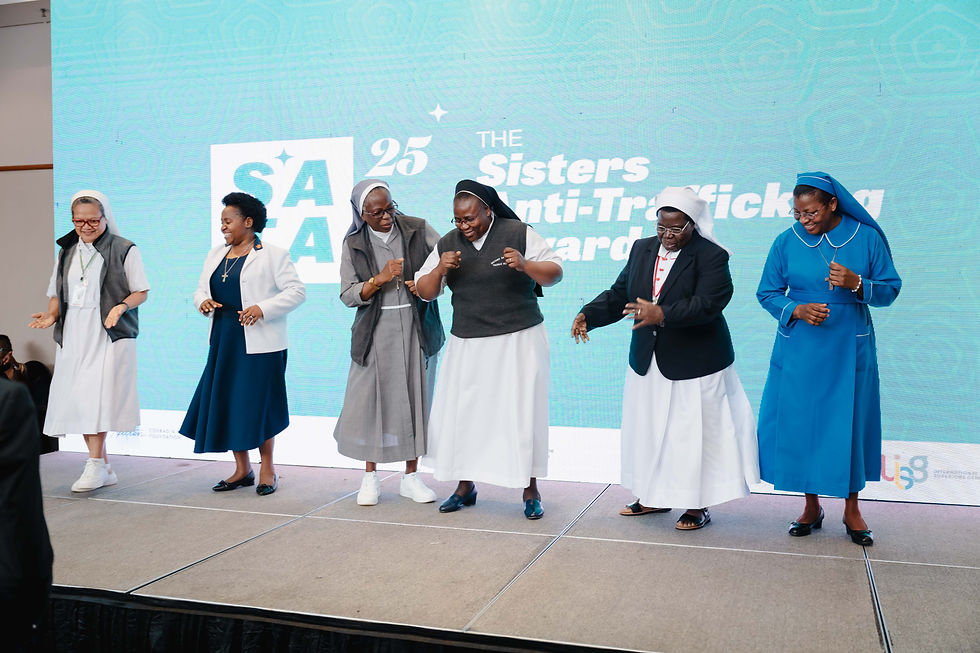Arise-supported Assam tea garden research published in the Social Change journal
- Arise

- Jan 5, 2023
- 2 min read
Updated: Jan 12, 2023
Arise supported research into the vulnerability of tea garden workers in Assam, analysing the socio-economic factors contributing to their entrenched vulnerability. It was recently published in the Social Change journal.
The Research
The research draws upon the conceptual idea of stickiness, explained by the authors as 'the varying and compounding issues, barriers, and systems connected to the tea garden workers ... how those sticky elements keep tea garden workers stuck in their problematic situations.' Using this framework, the survey responses paint an urgent picture of perennial vulnerability, fuelled by various structural factors. The report is a must-read for anyone seeking to understand the lived experience and perilous economic reality for millions of Indian workers across the region and further afield.
The research was carried out by Bob Spires (University of Richmond), Lissamma Joseph NEWRaN), and Jeremy Tost (Colorado Mesa University).
NEWRaN
NEWRaN (North East Women Religious and Network against Trafficking) is a network of 3 highly effective local groups, made up of Catholic sisters, preventing slavery and exploitation in their respective tea garden communities. Arise connected the researchers to NEWRaN in 2020, and the network was instrumental in organising the survey of thousands of tea garden workers, which forms the basis of this report.
Arise is engaged in a multi-year partnership with NEWRaN, working to address the root causes of vulnerability and exploitation (the dynamics of which are the chief concern of the report). The first years of the Arise-NEWRaN partnership were largely shaped by an urgent need to respond to pandemic-related disruption. Across the NEWRaN working zones, sisters engaged in emergency humanitarian action. Lockdowns forced the tea gardens to close, leaving many families with no income and very few opportunities to find any. NEWRaN and Arise distributed free rations across villages, and the sisters managed vaccination campaigns, in coordination with the government, in their tea garden communities.
In the aftermath of the initial emergency stage, transitional projects were started, to allow vulnerable families to develop secure, long-term incomes, and escape the stickiness described by the researchers below. Arise is looking forward to continuing work with the sisters in 2023, and adapting programmes and operations as post-pandemic circumstances are analysed. This research is an important step in this direction.
The report can be downloaded below:
NEWRaN Gallery



























Comments